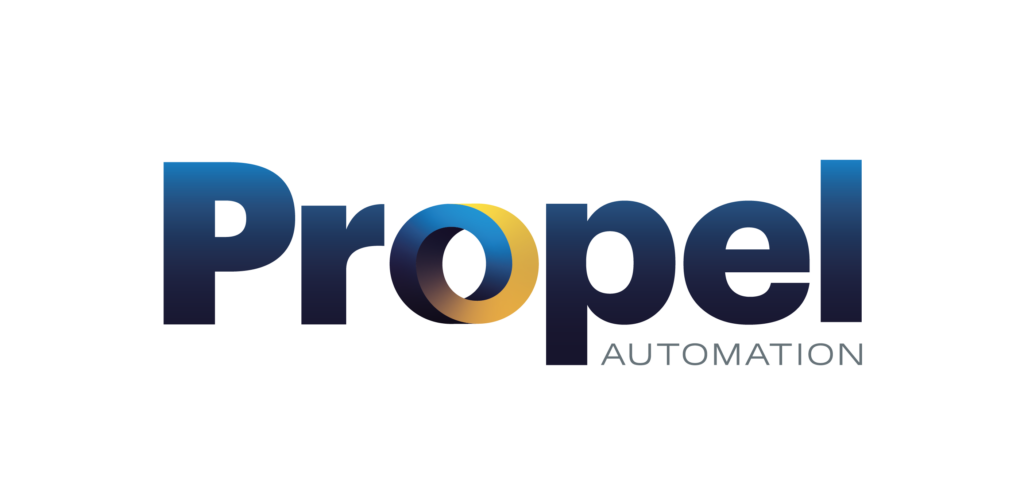Fears of mass automation taking jobs are often overrated, especially when we take a closer look at how automation is being leveraged to augment human capabilities in insurance. So, is this fear justified?
In this blog, we’ll explore how automation, particularly in the insurance sector, is not about replacing humans but rather enhancing their productivity, transforming service delivery, ensuring compliance, improving decision making, and accelerating the digitisation of complex operations.
At Pro Global, the application of automation and AI is seen as a game-changer. We are exploring the ways that these innovations allow us to evolve our ways of working, optimise processes, reduce repetitive manual tasks prone to error, and ultimately, empower our team to focus on work that truly matters.
Indeed Pro Global recently acquired Propel Consult, a consultancy business specialising in Robotic Process Automation (RPA) and a Global Partner of Automation Anywhere, a leader in intelligent automation solutions.
Propel Automation is a highly respected and innovative business with a shared vision and commitment to help growing complex operations to work smarter, not harder. Key to this optimising and automating complex activities, which are vital components to supporting specialty businesses in achieving greater operational efficiency with limited resources.
The key takeaway here is that RPA is not a straight replacement; it’s a tool that’s waiting to be used to best effect by business experts. For instance, one of the most significant benefits of automation in the insurance sector is its role is accelerating data ingestion and cleansing, for instance.
At the same time, the regulatory landscape for insurance is complex and constantly evolving. Keeping up with these regulations can be a daunting task, but RPA can be programmed to monitor and ensure compliance in real-time.
For example, AI-powered software can review insurance policies and flag any inconsistencies or deviations from regulations or underwriting guidelines, allowing humans to step in and make informed decisions based on these alerts. This not only reduces the risk of compliance violations but also saves time and resources that would otherwise be spent on manual compliance checks, and redirects this expertise towards solving challenges that arise as efficiently as possible
Similarly, when it comes to processing, automation also has the potential to revolutionise how we manage tasks, workflows and approvals.

In the past, outsourcing often meant sending repetitive, manual tasks offshore to save costs. Now, RPA allows us to retain more control and improve quality while still benefiting from reduced transactional cost savings.
For example, instead of outsourcing data entry tasks, RPA can be used to extract and input data accurately and quickly. This way, the human workforce can concentrate on higher-value tasks that require critical thinking, creativity, and problem-solving.
However, it’s important to emphasise that automation does not replace humans in these processes; it empowers them. While RPA can handle repetitive and rule-based tasks efficiently, human input remains essential for making complex decisions, exercising judgement, and ensuring ethical considerations are met.
In the insurance sector, claims processing is a prime example. While AI can assist in the initial assessment of claims, human adjusters bring empathy and a deeper understanding of unique situations to the table, ultimately providing a more holistic and customer-centric approach.
There is no point automating bad processes (unless you are tactically trying to release your humans to dedicate some time to delivering strategic objectives). The importance of having well-defined and efficient processes before attempting to automate them cannot be understated. In the context of the insurance industry, where accuracy, compliance, and customer satisfaction are paramount, humans play a vital role in creating the foundational good processes.
So while RPA can undoubtedly enhance efficiency and reduce costs in the insurance industry, it’s essential to recognise that human cognitive abilities, adaptability, empathy, and decision-making skills are critical for creating processes that are not only efficient but also compliant, customer-centric, and adaptable to the dynamic nature of the insurance landscape.
Ultimately, the fear of mass RPA taking jobs in the insurance sector, or any industry for that matter, is often exaggerated. Digitisation of services is not always about reducing headcount, it is most successful when it is taking the business goals and developing hybrid and augmented solutions that combine the best of both the digital and human workforce.
At Pro Global, we’ve witnessed firsthand how RPA, data and analytics can enhance our workforce’s capabilities and how we work, making it possible for us to work smarter, not harder and share the gains with our clients. So, instead of fearing new technology advancements, let’s embrace it as a tool that can help us redefine our roles in the evolving world of work.
This is a very exciting time for our business as we leverage our extensive and differentiated proposition – a transformative and innovative offering backed by operationally equipped experts.
Further Reading:
Pro Global Announces Acquisition of Propel Consult

Meet our expert
Name: Louisa Pavis
Job title: Head of Digital Services
Get in touch
To speak to the Pro Global team please feel free to reach out to us at:

Lysander PR
To contact our PR team directly please use the link below



 View Previous
View Previous 